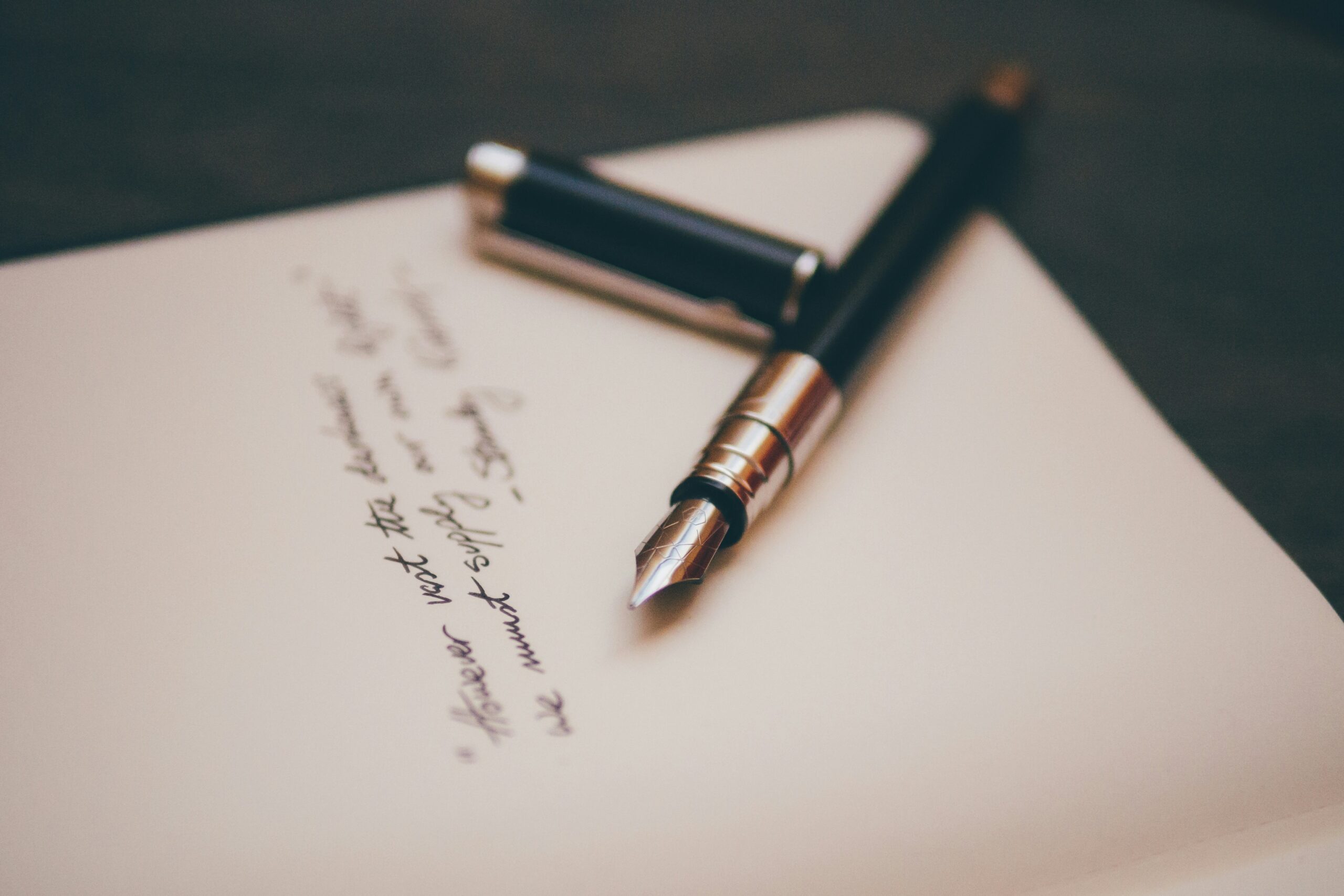
What is a statutory declaration?
A statutory declaration is a legal document where you can make a formal declaration that, to the best of your knowledge, a particular set of facts is true. Such declarations are governed by the Statutory Declarations Act 1835 and must be signed in front of an authorised person like a notary public. They provide legal weight to a statement and can help you verify facts in the absence of any other evidence.
Who signs a statutory declaration?
Two signatures are required: one from the declarant, that is the person making the declaration and one from the notary public in Scotland or another person qualified to witness the declaration, such as a Justice of the Peace.
How do you get a statutory declaration and what wording is required?
Quill Legal, provider of notarial services in Scotland, will be happy to assist you with the drafting of your statutory declaration if required and will ensure that it is accepted as valid. Sometimes the organisation requesting a declaration will provide the style they want you to use and some forms may be available online. The Act states that certain prescribed wording must also appear in the statutory declaration and it is important that this is complied with.
You will need to provide us with two forms of identification – one photographic such as a passport and one evidence of address such as a United Kingdom driving licence or a utility bill or bank statement dated within the last two months – as well as details of the declaration you need to make.
Affidavits
The terms affidavit and statutory declaration are often used interchangeably but both are statements of truth. Affidavits are more formal in nature and require the person making the statement to be put on oath, that is to swear that the contents are true. They often need to be submitted to a court, setting out the evidence of a witness and are used in legal proceedings. They must be signed in the presence of a notary in Scotland by the person giving the affidavit, called the deponent, after that person has been placed on oath; the notary must also add their signature. Statutory declarations generally have a wider range of uses than an affidavit and are simply declared before a notary public.
What sort of situations might require statutory declarations?
They can be drawn up to deal with a variety of circumstances:
- To enable the person making the declaration to satisfy an authority when they cannot provide required documentation such as an expired or lost passport
- Where there is a discrepancy in someone’s name, for example, the name on a birth certificate is different from the name on a university degree
- If a person’s appearance has changed, it may be necessary to make a declaration explaining why it has changed to such a degree before they can obtain a passport
- To confirm a person’s marital status or freedom to marry
- To explain or elaborate on a person’s employment history
- To outline a person’s connections to a particular country
In Scotland, a statutory declaration is used to change a person’s name. If you want to know how to change your name in Scotland, Kay Blaikie, Notary Public Edinburgh at Quill Legal, would be pleased to assist you.
Does a statutory declaration expire?
There is no end date for a statutory declaration but it may be the case that the organisation which is asking you to provide the declaration will have its own internal rules on what is acceptable in terms of the signing date.
How much does a statutory declaration or affidavit cost?
Our fees are laid out on our fees page. The fee will depend on whether you need the document drafted or simply notarised.
Kay Blaikie, Notary Public Edinburgh at Quill Legal, deals with statutory declarations and affidavits on a regular basis. She can draft and notarise declarations and affidavits for use in the United Kingdom or abroad and for a variety of purposes and would be happy to help you. If you would like to discuss, please get in touch either by telephoning the office on 0131 564 1044 or by completing our contact form.

Kay Blaikie
Principal of the Firm
Get in touch with me when you need reliable legal advice on any aspect of Executries, Wills, Powers of Attorney and Notarial services.
Email: kay@quilllegal.co.uk
Telephone: 0131 564 1044